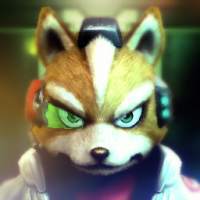Lost
-
hello 2025!
supertalk is free to browse as a guest. You need to be a member to participate in discussions or buy and sell on the classifieds.
Classifieds listings are now free for members.
supertalk is now upgraded to //// supertalk 8 ////
______________________________________
Current new membership is $US 12 ONE TIME FEE. NO RENEWAL FEE.
______________________________________
You can also become a premium superseller or supermember. Businesses who want to promote their brand and products need to become a supersponsor. superfuture® is privately owned and has been online continuously for 26 years. supertalk has been online for 21 years and is a digital cockroach that will survive all current and future apocalypses.
-
Top 10 Active Viewed Topics
-
- 24424 replies
- 6823673 views
-
- 26784 replies
- 6399521 views
-
- 24765 replies
- 4728288 views
-
- 23095 replies
- 3839372 views
-
- 14050 replies
- 3677960 views
-
- 10651 replies
- 3261546 views
-
- 21283 replies
- 3066913 views
-
- 13316 replies
- 2915499 views
-
- 11632 replies
- 2677414 views
-
- 8534 replies
- 2604245 views
-










Recommended Posts
Join the conversation
You can post now and register later. If you have an account, sign in now to post with your account.